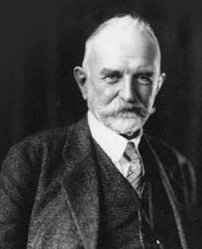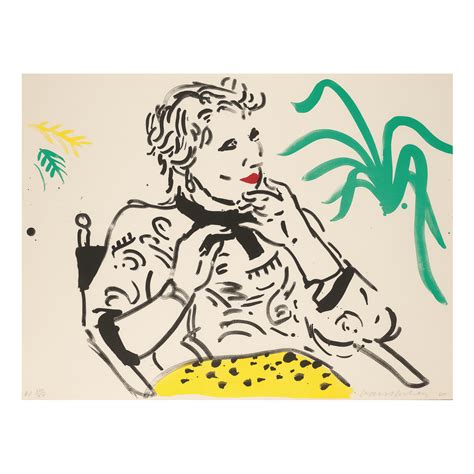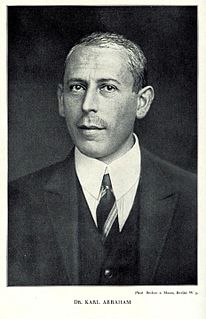A Quote by Ferdinand de Saussure
Any psychology of sign systems will be part of social psychology - that is to say, will be exclusively social; it will involve the same psychology as is applicable in the case of languages.
Quote Topics
Related Quotes
Positive psychology is not remotely intended to replace therapy or pharmacology. So when depressed, anxious or in panic or post-traumatic stress disorder, I am all for therapies that will work. Positive psychology is another arrow in the quiver of public policy and psychology through which we can raise wellbeing above zero.
Positivity psychology is part and parcel of psychology. Being human includes both ups and downs, opportunities and challenges. Positive psychology devotes somewhat more attention to the ups and the opportunities, whereas traditional psychology - at least historically - has paid more attention to the downs.
In the West the whole Western tradition of religion and psychology propounds, preaches, persuades people to have strong egos - because unless you have a strong ego, how can you survive? Life is a struggle; if you are egoless you will be destroyed. Then who will resist? Who will fight? Who will compete? And life is a continuous competition. Western psychology says: Attain to the ego, be strong in it.
I think the greatest work in social psychology from the 1950s and '60s is enormously important. I wish every high school kid could take a course in social psychology. I think we're making enormous strides in understanding the brain. These aren't yet giving us great insights, but I feel like we're on the verge of it. In five or ten years this basically searching the brain is really going to change things.
The first reason for psychology's failure to understand what people are and how they act, is that clinicians and psychiatrists, who are generally the theoreticians on these matters, have essentially made up myths without any evidence to support them; the second reason for psychology's failure is that personality theory has looked for inner traits when it should have been looking for social context.
Anyone who is interested in the psychology of children will have observed that whereas one child will resist temptation or seduction, another will easily yield to it. There are children who will hardly oppose any resistance to the invitation of an unknown person to follow him; others who react in an opposite way in the same circumstances.




































